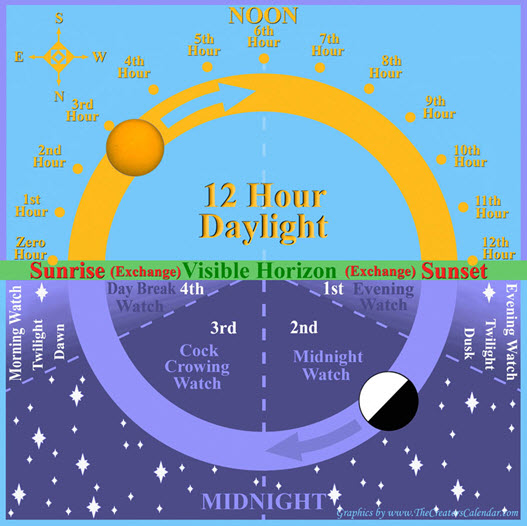

These symptoms may have a number of causes. In fact, 2 of the most prevalent complaints of patients with epilepsy are disturbed sleep and excessive daytime drowsiness, 1 which in themselves may be sufficient to interfere with patients' ability to work or go to school. This may, in part, be responsible for the prolonged impairment of functioning that some patients report following seizures.ĮPILEPTIC SEIZURES typically last less than 2 minutes however, patients may report decreased performance for days afterward. Night seizures, but not day seizures, significantly reduced sleep efficiency, increased time to first REM period, and increased drowsiness as measured by the maintenance of wakefulness test.Ĭonclusions Temporal lobe complex partial seizures decrease REM sleep, particularly when occurring during sleep but also when occurring on the previous day. Night seizures also significantly reduced stages 2 and 4 while increasing stage 1 sleep. Results Daytime seizures reduced REM from 18% ± 1% to 12% ± 2% ( P =. Daytime drowsiness was also measured, using a modified maintenance of wakefulness test and 2 subjective drowsiness tests. Percentage of time in each sleep stage, sleep efficiency, and time to first and second rapid eye movement (REM) period were compared for seizure vs control conditions. All-night polysomnography was recorded under the following 3 conditions: seizure free, seizure during the day before the recording, and seizure during the recording. Methods Patients with temporal lobe epilepsy were admitted for video-electroencephalography monitoring. Objective To determine the effect of temporal lobe complex partial seizures on sleep structure and daytime drowsiness. A possible explanation is that seizures, even when occurring during the day, disrupt sleep the following night.

Scientific Discovery and the Future of Medicine.Health Care Economics, Insurance, Payment.Clinical Implications of Basic Neuroscience.Challenges in Clinical Electrocardiography.Occurring or active during the daytime rather than at night. An example of something diurnal is a diurnal flower that blooms in the sunlight, but closes at night. The definition of diurnal is something that happens daily or in the daytime. "diurnal rotation of the heavens" What is an example of diurnal?

having a daily cycle or occurring every day. " diurnal animals are active during the day" "diurnal flowers are open during the day and closed at night" "diurnal and nocturnal offices" diurnaladjective. Of or belonging to or active during the day. b : chiefly active during the daytime diurnal mosquitoes. 2a : of, relating to, or occurring in the daytime diurnal activity. Now, we have got the complete detailed explanation and answer for everyone, who is interested!ġ : having a daily cycle diurnal rhythms. This is a question our experts keep getting from time to time.


 0 kommentar(er)
0 kommentar(er)
